| KidsKare
SERVICE DETAILS
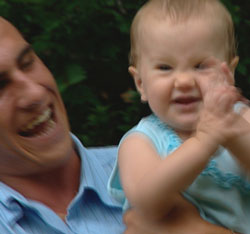  Speech and Language Development
– children
who have language delays. Language delays may include
both receptive (what your child understands) and expressive
(what your child can say or express) ability. This service
may be provided by a speech teacher or a speech language
pathologist. Also for children with a cleft palate or
weaknesses of muscles around the mouth which may cause
difficulty swallowing or may contribute to excessive drooling.
This area may be addressed by a Speech Language Pathologist
or an Occupational Therapist.
Speech and Language Development
– children
who have language delays. Language delays may include
both receptive (what your child understands) and expressive
(what your child can say or express) ability. This service
may be provided by a speech teacher or a speech language
pathologist. Also for children with a cleft palate or
weaknesses of muscles around the mouth which may cause
difficulty swallowing or may contribute to excessive drooling.
This area may be addressed by a Speech Language Pathologist
or an Occupational Therapist.
 go
back to our main services page
go
back to our main services page
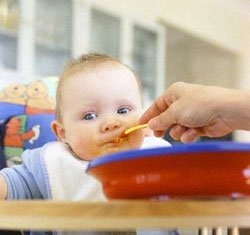  Feeding – a child
who often chokes or gags during feeding or drools excessively.
Also for a child with nasogastric feeding tubes. A child
having a delay or difficulty in this area alone will not
qualify for early intervention services. This may be treated
by either an Occupational Therapist or a Speech Language
Pathologist.
Feeding – a child
who often chokes or gags during feeding or drools excessively.
Also for a child with nasogastric feeding tubes. A child
having a delay or difficulty in this area alone will not
qualify for early intervention services. This may be treated
by either an Occupational Therapist or a Speech Language
Pathologist.
 go
back to our main services page
go
back to our main services page

 Nutrition –
to address and assess the child’s nutritional history,
dietary intake, anthropometric, biochemical, and clinical
variables, feeding skills/problems, and food habits/preferences;
developing and monitoring plans to address nutritional
needs; and making referrals to community resources to
meet n utrition goals.
Nutrition –
to address and assess the child’s nutritional history,
dietary intake, anthropometric, biochemical, and clinical
variables, feeding skills/problems, and food habits/preferences;
developing and monitoring plans to address nutritional
needs; and making referrals to community resources to
meet n utrition goals.
 go
back to our main services page
go
back to our main services page
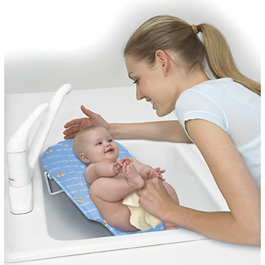  Gross Motor Developmental
–a child with movement problems which include
the ability to sit, crawl, stand, walk, run, climb, catch
and throw a ball, and ascending/descending stairs. Delays
in these areas are addressed by a physical therapist
Gross Motor Developmental
–a child with movement problems which include
the ability to sit, crawl, stand, walk, run, climb, catch
and throw a ball, and ascending/descending stairs. Delays
in these areas are addressed by a physical therapist
 go
back to our main services page
go
back to our main services page
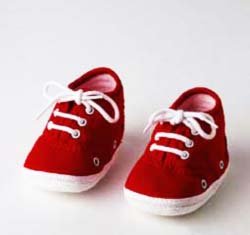  Fine Motor Skills
- a child’s ability to use skills involving
hand activities such as picking up a Cheerio, drawing,
closing a button and opening a zipper. This may also include
sensory issues, for example if a child is overly sensitive
to certain textures or dislikes being touched. Delays
in these areas are treated by an occupational therapist
Fine Motor Skills
- a child’s ability to use skills involving
hand activities such as picking up a Cheerio, drawing,
closing a button and opening a zipper. This may also include
sensory issues, for example if a child is overly sensitive
to certain textures or dislikes being touched. Delays
in these areas are treated by an occupational therapist
 go
back to our main services page
go
back to our main services page
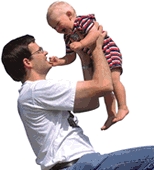  Social/Emotional Development
– for a child who is delayed in psycho-social
development within the family context or the child is
delayed in interaction with strangers and peers; for a
child needing social skill-building activities, services
are provided by a Special Instructor, a Social Worker
or a Psychologist
Social/Emotional Development
– for a child who is delayed in psycho-social
development within the family context or the child is
delayed in interaction with strangers and peers; for a
child needing social skill-building activities, services
are provided by a Special Instructor, a Social Worker
or a Psychologist
 go
back to our main services page
go
back to our main services page
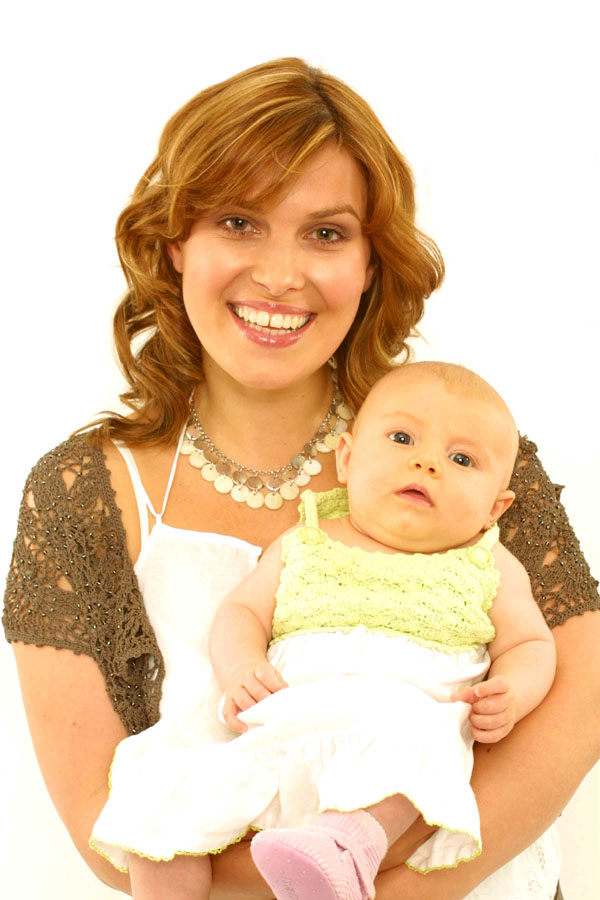
 Cognitive Development
- this is the process a child uses to remember,
reason, understand, and make decisions. A child who has
delays in this area receives services from a special instructor.
Cognitive Development
- this is the process a child uses to remember,
reason, understand, and make decisions. A child who has
delays in this area receives services from a special instructor.
 go
back to our main services page
go
back to our main services page
  Behavior Problems –
a child who has excessive tantrums or who behaves inappropriately
when frustrated, upset, or angry. A child with difficulty
in this area receives services from a special instructor
Behavior Problems –
a child who has excessive tantrums or who behaves inappropriately
when frustrated, upset, or angry. A child with difficulty
in this area receives services from a special instructor
 go
back to our main services page
go
back to our main services page
  Daily Living Skills
- a child’s ability to independently
perform adaptive skills, meaning self-help activities
of daily living, such as feeding with a spoon or taking
off socks. This may also include sensory issues, for example
if a child is overly sensitive to certain textures or
dislikes being touched. Occupational therapy addresses
these areas.
Daily Living Skills
- a child’s ability to independently
perform adaptive skills, meaning self-help activities
of daily living, such as feeding with a spoon or taking
off socks. This may also include sensory issues, for example
if a child is overly sensitive to certain textures or
dislikes being touched. Occupational therapy addresses
these areas.
 go
back to our main services page
go
back to our main services page
  Sensory Integration
– for a child who is overly sensitive to certain
textures or dislikes being touched, for example a child
who gets excessively upset when you try to brush their
teeth or wash their hair. It should be noted that a child
who only has sensory issues and is not delayed in any
other area will not qualify for Early Intervention services.
This area is treated by an Occupational Therapist.
Sensory Integration
– for a child who is overly sensitive to certain
textures or dislikes being touched, for example a child
who gets excessively upset when you try to brush their
teeth or wash their hair. It should be noted that a child
who only has sensory issues and is not delayed in any
other area will not qualify for Early Intervention services.
This area is treated by an Occupational Therapist.
 go
back to our main services page
go
back to our main services page
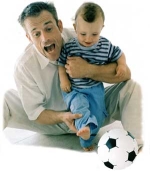  Social Work/Family Counseling
- services include home visits to evaluate living
conditions and parent-child interaction; assessing the
child's psycho-social development within the family context;
counseling family members; and providing social skill-building
activities. To focus on addressing problems and identifying,
mobilizing, and coordinating resources and services so
that the child/family receive maximum benefit from early
intervention services. This assistance is provided by
a social worker.
Social Work/Family Counseling
- services include home visits to evaluate living
conditions and parent-child interaction; assessing the
child's psycho-social development within the family context;
counseling family members; and providing social skill-building
activities. To focus on addressing problems and identifying,
mobilizing, and coordinating resources and services so
that the child/family receive maximum benefit from early
intervention services. This assistance is provided by
a social worker.
 go
back to our main services page
go
back to our main services page
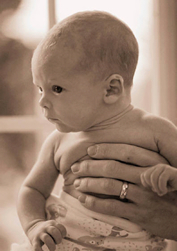  Psychological Services
- include administering and interpreting psychological
and developmental tests and other assessments; obtaining,
integrating, and interpreting information about child
behavior and child/family conditions related to learning,
mental health, and development; and planning and managing
a program of psychology services
Psychological Services
- include administering and interpreting psychological
and developmental tests and other assessments; obtaining,
integrating, and interpreting information about child
behavior and child/family conditions related to learning,
mental health, and development; and planning and managing
a program of psychology services
 go
back to our main services page
go
back to our main services page
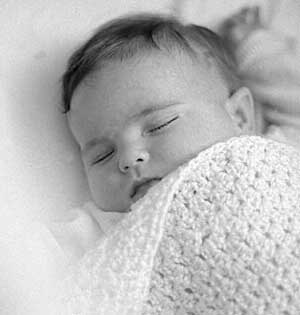  Vision Services
– for a child with visual problems such as lazy
eye, crossed eyes, double vision, convergence insufficiency
and some reading and learning disabilities. For many children
who have learning disabilities, vision therapy helps address
the visual problems that interfere with reading, learning
and educational instruction utilizing eye exercises. These
services are provided by a teacher of the visually impaired
Vision Services
– for a child with visual problems such as lazy
eye, crossed eyes, double vision, convergence insufficiency
and some reading and learning disabilities. For many children
who have learning disabilities, vision therapy helps address
the visual problems that interfere with reading, learning
and educational instruction utilizing eye exercises. These
services are provided by a teacher of the visually impaired
 go
back to our main services page
go
back to our main services page
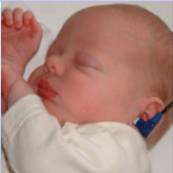  Hearing Services
– for a child with hearing loss. Therapy helps
to address hearing issues that affect the process of understanding
information and to improve language skills. Service in
this area may be provided by a special instructor, teacher
of speech and hearing handicaps, or a speech language
pathologist.
Hearing Services
– for a child with hearing loss. Therapy helps
to address hearing issues that affect the process of understanding
information and to improve language skills. Service in
this area may be provided by a special instructor, teacher
of speech and hearing handicaps, or a speech language
pathologist.
 go
back to our main services page
go
back to our main services page
  Family Training
– to assist the family in understanding the
child’s needs and to help the family work with the
child to promote the child’s development. This service
may be provided by any type of therapist or educator depending
on the child’s area of need or delay.
Family Training
– to assist the family in understanding the
child’s needs and to help the family work with the
child to promote the child’s development. This service
may be provided by any type of therapist or educator depending
on the child’s area of need or delay.
 go
back to our main services page
go
back to our main services page
  Advocacy Services
– to support or defend your child’s
interests and rights
Advocacy Services
– to support or defend your child’s
interests and rights
 go
back to our main services page
go
back to our main services page
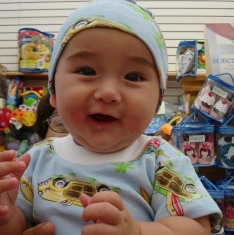  Adaptive
Equipment –
equipment used to improve or maintain a child’s
abilities to participate in activities such as playing,
communicating, eating or moving. Adaptive
Equipment –
equipment used to improve or maintain a child’s
abilities to participate in activities such as playing,
communicating, eating or moving.
 go
back to our main services page
go
back to our main services page
THIS AREA
INTENTIONALLY
LEFT BLANK
|